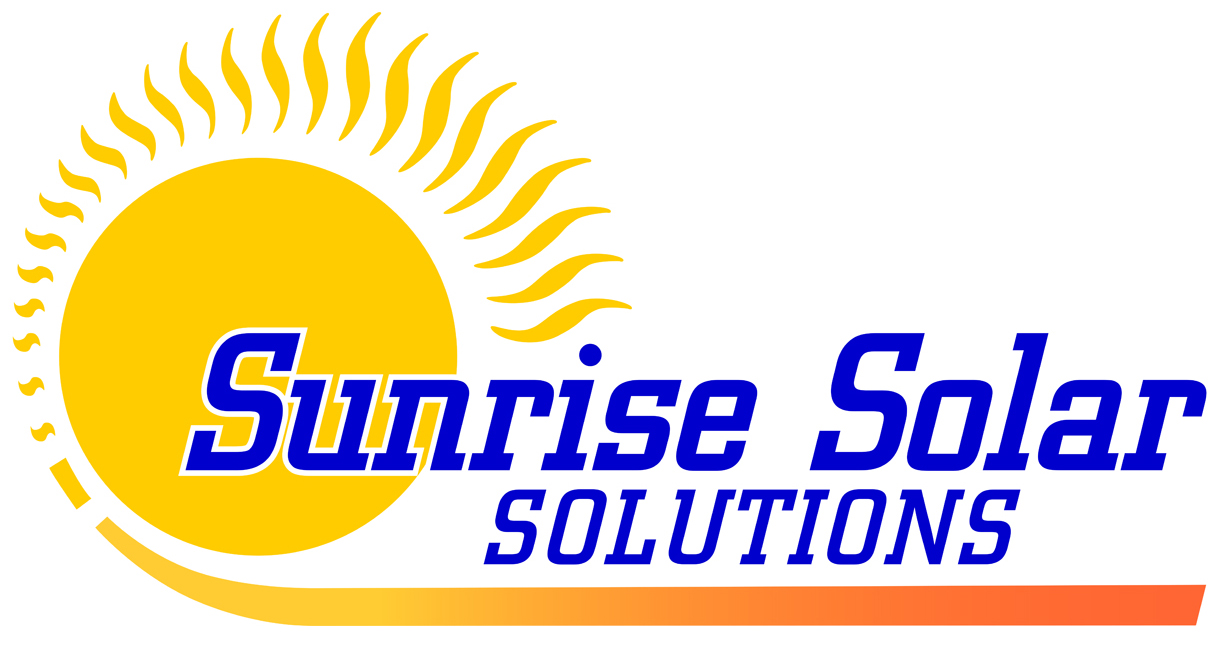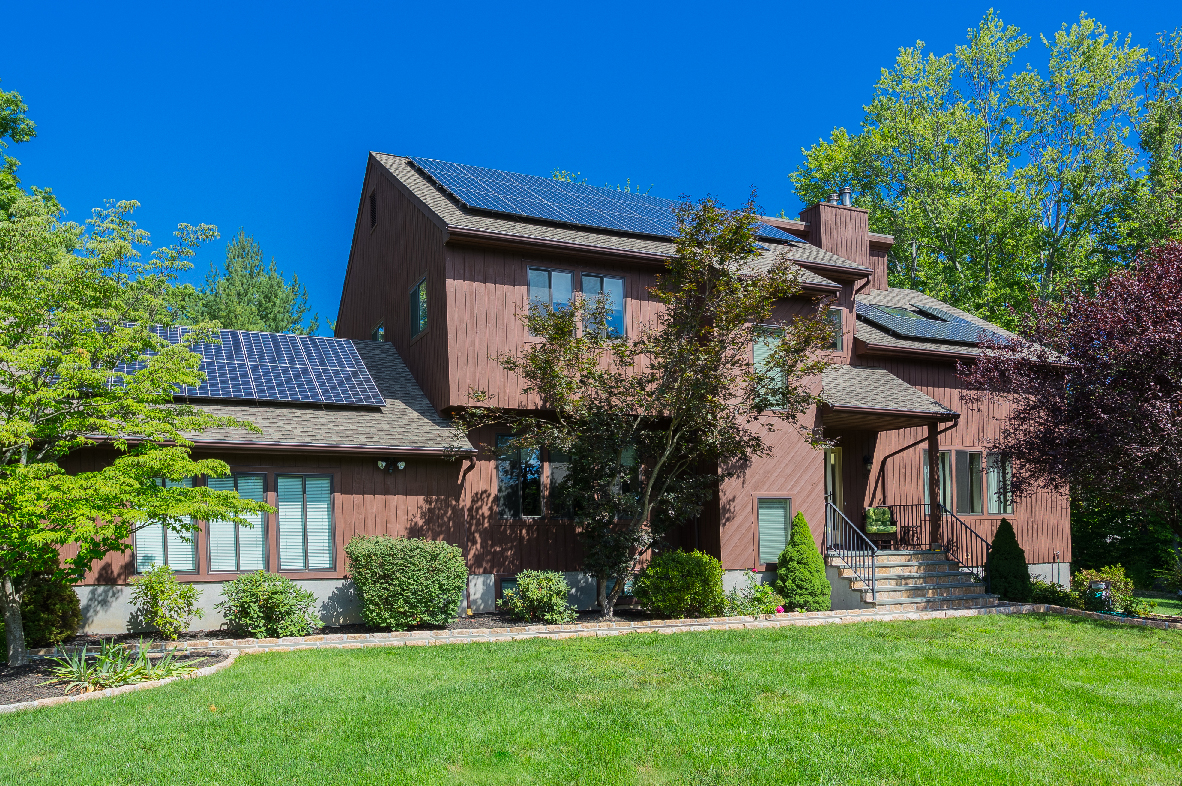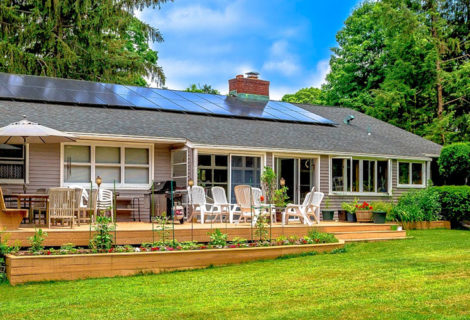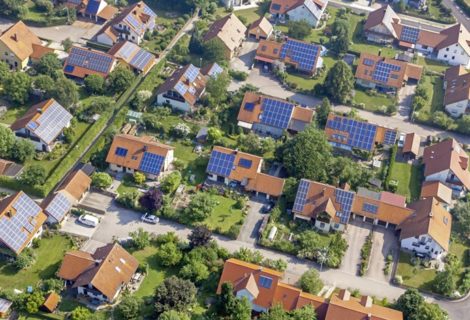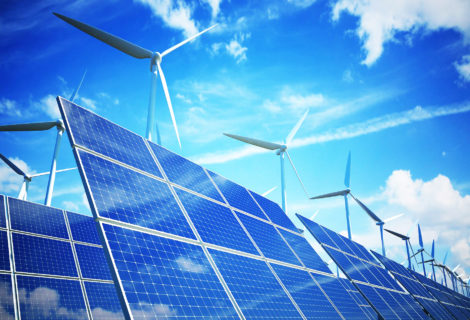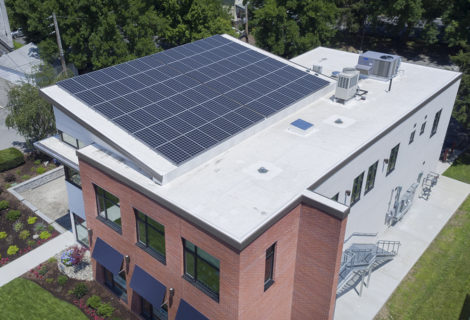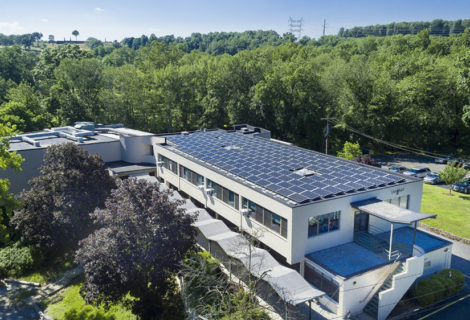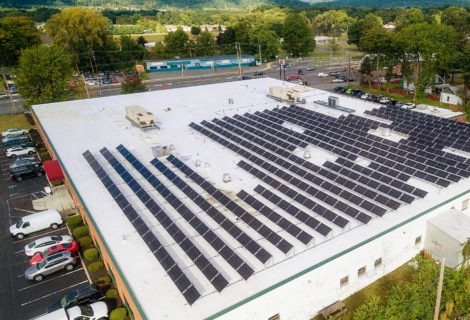We’re Still Committed to Clean Energy
How ordinary Americans can still make an extraordinary difference
Following President Trump’s withdrawal from the Paris Accord, Sunrise Solar Solutions — and most of the world — are more intent than ever on reducing their carbon emissions, with the goal of limiting future warming to well below 2 degrees Celsius. The National Resources Defense Council (NRDC) says that 70 percent of Americans want to stay in this agreement. The president’s decision galvanized the formation of numerous organizations, most notably the United States Climate Alliance, which is a bipartisan group of states that have committed to upholding the 2015 Paris agreement on climate change within their borders.
But even more vital are the contributions that need to be made individually – by each one of us in our homes, our lives and even at our jobs. By producing less carbon dioxide – climate’s “worst enemy” – we can make a real difference and save money. There are many ways that individuals can reduce their own carbon footprints, or the amount of carbon dioxide or other carbon compounds we emit into the atmosphere. Here are some actions you can take to make a significant difference – with or without the Paris Accord:
Power with renewable energy: Install solar panels.
The USA’s demand for solar energy is at an all-time high. Power from the sun is Earth’s most plentiful energy resource. Because prices continue to go down, solar energy is increasingly becoming the economical and clean-energy choice for homeowners in America. Two-thirds of all the new electric-generating capacity added in this country over the past two years is powered by the sun and wind, according to the NRD
Change your lightbulbs.
This is a small change that can have a big impact. LED lightbulbs use up to 80 percent less energy, and last 10-25 years compared to your old incandescent bulbs.
Upgrade to energy-efficient appliances.
According to the NRDC (National Resources Defense Council) “since they were first implemented nationally in 1987, efficiency standards for dozens of appliances and products have kept 2.3 billion tons of carbon dioxide out of the air. That’s about the same amount as the annual carbon pollution coughed up by nearly 440 million cars.” Appliances and electronics suck up almost 20 percent of your energy bills. Buy ENERGY STAR®-certified appliances and electronics; they use 10 to 15 percent less energy and water than other models.
Lower your water heater’s temperature and use low-flow showerheads to save water.
A programmable thermostat will cut down your heating and cooling costs by about 10 percent per year.
Make your home energy efficient.
Seal drafts, improve your Installation and replace old, drafty windows to save on heating and air conditioning. Get a professional energy audit. According to the North American Insulation Manufacturers Association, up to 90 percent of homes could use more insulation. A professional home-performance contractor will check your house’s overall energy usage by using thermal imaging and draft testing to inspect its insulation levels and find air leaks. The contractor will also assess your past utility bills to see what inefficiencies to look for during the evaluation. The results will reveal where your home is losing energy and how to reduce drafts and air leaks using caulk, insulation and weather stripping.
Choose sustainably produced pet products.
When buying food for Rover and Princess, look for ingredients that include secondary products such as animal bone meal or organ meat. Ecological-impact calculations for food are based on the processing of human-grade meat, which has a much bigger footprint than the byproducts of the human-food industry. Meanwhile, most of commercial pet food is made up of those byproducts, such as animal products, soybeans and dried egg. By using these leftovers, they don’t get thrown away as waste; it’s a way to recycle products that are rich in nutrients and energy. You can also look for pet foods that contain a lot of ingredients based on plants, which have a smaller footprint than animal products. Also planet friendly: pet foods with sustainably certified fish.
Practice resource-efficient yard care.
Strategically designed landscaping can help reduce your water use and lower your energy bills all year long. Consult with a landscape architect who will, via the species, placements and locations of trees, grass and shrubbery, lower your home’s heating and cooling costs, as well how much water it will take to keep all of the plants healthy.
Get involved.
Block polluters in your community by attending local government meetings to keep track of issues, decisions and pending decisions by your local zoning or planning boards and city councils. You’ll be able to monitor anything pertaining to your town or city. Pay particular attention to plans for incinerators, landfills, waste-transfer stations, water-pollution control or sewage-treatment plants, diesel bus or truck depots and parking lots, rail stations, oil or gas facilities, highways, airports, metal-plating businesses, and auto body or auto repair shops. If they need approval from a local zoning board and there’s no one from the community is at the public meeting to challenge their project, then the polluters win. Don’t let it happen!
If you’d like to join Sunrise Solar’s information effort, please contact us to be added to the list at (914) 762-7622, www.sunrisesolarllc.com.
